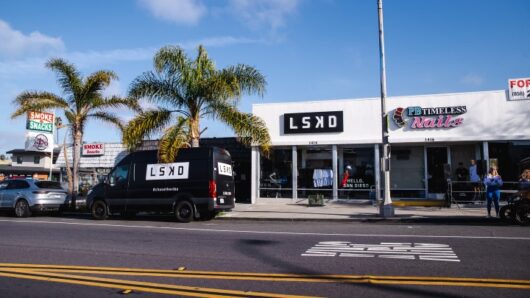 Corporate Australia has put on an improved show in the 2016/17 fiscal year, but has seemingly failed to convince investors that conditions are returning to robust levels.
Corporate Australia has put on an improved show in the 2016/17 fiscal year, but has seemingly failed to convince investors that conditions are returning to robust levels.
Despite profit growth and stronger returns, stock pickers and analysts have termed the August reporting season as ‘disappointing’, with the share market barely moved and sentiment undermined by sharp losses for key market favourites.
In aggregate, revenues for the top 200 companies rose by 6.5 per cent from a year ago, while profits increased by 62.9 per cent, according to analysis done by CommSec.
Dividends rose by 7.1 per cent and cash was up by 26.9 per cent.
While the numbers look good at a high level, that”s not quite the case beneath the surface, AMP Capital’s head of investment strategy Shane Oliver said.
“The huge upswing in earnings owes to the rebound in the fortunes of the big resources stocks – with resource sector profits up around 130 per cent,” Oliver says.
“However, profit growth in the rest of the market is more modest at around 5-6 per cent. Outlook guidance has also been a bit soft.”
Resources were the stand-out sector, as a rebound in prices for iron ore, coal and petroleum boosted the three majors – BHP Billiton, Rio Tinto and Fortescue as well as numerous juniors, post a solid return to profitability.
The accompanying surge in cash flows speeded up debt reduction and also helped fund sharply higher dividends.
Broader efficiency gains were apparent even in the non-resource sectors, Citi’s equities sales director Karen Jorritsma said.
“Outside of resources, revenue growth has remained subdued, although better than the past few years,” she said.
“This has seen reasonable profit growth in the broader industrials driven by cost-outs, margin improvement, and lower net interest as rates remain low.”
Still, big names such as Domino’s Pizza, Telstra, QBE, BlueScope and Healthscope, which disappointed either in terms of the result, outlook or dividends, saw an immediate impact on share price.
“The problem, of course, is that price-to-earnings are relatively high and so much has been factored in,” Oliver said.
Billabong International missed its earnings guidance, reporting a $77.1 million loss as impairments and declining sales in Asia Pacific weighed down on the business.
Department store giant David Jones’ sales growth weakened markedly amid a decline in consumer spending and a poorly received private label clothing range.
Supermarket chain Coles’ earnings decreased 13.5 per cent to $1.61 billion and comparable sales growth fell from 4.1 per cent in 2016 amid fierce competition with local rival Woolworths and German chain Aldi.
However, what is really weighing down sentiment is expectation that growth outlook will moderate in the coming year, analysts said.
Profit conditions do not look as buoyant as suggested by recent upbeat business survey data, according to UBS strategist David Cassidy.
“While misses have outnumbered beats on results, it is underwhelming guidance that is probably the clearest trend to emerge so far,” he said.
Key factors that are likely to contribute to this include the far weaker tailwind from commodities in FY18, higher energy costs, weak income and tighter personal credit conditions.
“We expect deceleration from here – the all-important Christmas season looms,and factoring in energy cost increases alone, we see a 1.4 per cent squeeze on ex-food retail sales,” Morgan Stanley analysts estimated in a note.
Access exclusive analysis, locked news and reports with Inside Retail Weekly. Subscribe today and get our premium print publication delivered to your door every week.





